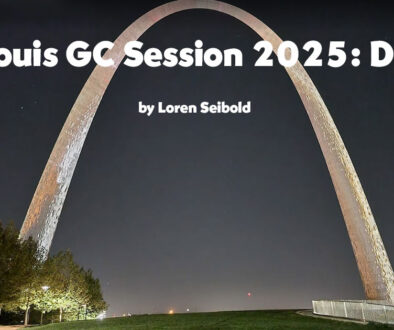The Lure of Divine Sanction
By S M Chen.
“If God be with us, who can be against us?” Rom. 8:31
A year or so ago I viewed some of the award-winning Ken Burns 11.5 hour documentary, THE CIVIL WAR, which initially aired for 5 consecutive nights on PBS stations in September 1990, 25 years ago, at which time 40 million viewers watched it.
While I found the documentary always informative, sometimes fascinating and occasionally moving, one thing that struck me is that leaders on both sides in the conflict (the most important event in U.S. history, it lasted 4 years and cost 750,000 lives)—North and South, Union and Confederacy, blue and gray—claimed divine support for their respective opposed positions.
How could this be? Unless one posited polytheism (with some gods supporting one side – e.g. the Trojans – others supporting the other – e.g. the Greeks, as in Homer’s Iliad), which I mention almost in jest, since polytheism as a belief system never gained much traction in the USA.
The Civil War was precipitated by an argument over supremacy of states’ rights, and the wish of some (7 states, of 34) to secede from the Union. Slavery figured in the equation. Though some in the South still rankle at the outcome, the Union was eventually preserved and slaves freed pursuant to the Emancipation Proclamation. The notion that the Almighty was involved in the War and its outcome was subsequently more likely supported by those north of the Mason-Dixon line.
Abraham Lincoln, one of our greatest Presidents, delivered what is arguably the most memorable, trenchant, pithy speech in history (the 10 sentence, 3 minute Gettysburg Address).
Lincoln wrestled with numerous difficult issues during the War and had many critics. But he said, “If the end brings me out all right, what’s said against me won’t amount to anything. If the end brings me out wrong, ten angels swearing I was right would make no difference.”
And, although not known as a particularly religious man, he also commented, “I have been driven many times upon my knees by the overwhelming conviction that I had nowhere else to go. My own wisdom and that of all about me seemed insufficient for that day.”
The Biblical Abraham also had his share of thorny situations.
How to handle the grazing conflict with his nephew, Lot (which resulted in Lot’s choosing to move to enticing Sodom; that ended badly). Denying Sarah was his wife when they were among strangers (almost ended badly). What to do with Hagar, once she became the mother of his child and created contention with his wife Sarah (ended badly; look at the Middle East today, with the conundrum of irreconcilability between the descendants of Abraham’s two sons).
The ultimate test: being asked to sacrifice his son Isaac, the one from whom would spring offspring innumerable as the stars under which he pitched his tent, and the grains of sand upon which he pitched it.
Despite his apparently having a more direct line of communication to divinity, I suspect Abraham’s knees had more than a passing familiarity with the ground upon which he walked.
I recall a realtor friend commenting how difficult it was to be a realtor in Loma Linda (where a preponderance of residents are SDA). Both buyers and sellers are convinced the Almighty wants them to achieve the best possible outcome. Perhaps His reaction to this quandary is similar to that of the overwrought mother who reminds each of her many children (individually, not collectively) that he/she is the most special child of the brood (“of course I love you the most”).
We are now in an election year.
Since our country was founded on principles most identify as Christian and most readers identify themselves as Christian, I think it reasonable that we examine the platforms of various candidates, whether for local, state, or national office, to see how closely they hew to the life and teachings of Christ.
His life was one of service to others. He emphasized and exhibited compassion, generosity, mercy, meekness, forgiveness, and goodness. He gave others the benefit of the doubt. When He could have retaliated, He did not. Neither did He embarrass those who intended to entrap Him (what shame they experienced was evidence of some vestige of virtue). He advocated kindness to strangers and enemies (including immigrants and refugees).
There must be a certain comfort that derives from believing God is on your side. It seems to me, however, that one should be careful before invoking God’s support for a given position. Talking the talk is easy. Walking the walk? Not so much.
Gideon, whose recorded faith seemed to be lacking when asked by God to succor Israel from the Midianites, may have been onto something when he sought a sign, not once, but twice, with the fleece.
This quotation by 19th century American frontiersman Davy Crockett (a variation of “measure twice, cut once”) seems apt: “Be sure you’re right, then go ahead.”
 S M Chen lives and writes in California.
S M Chen lives and writes in California.




